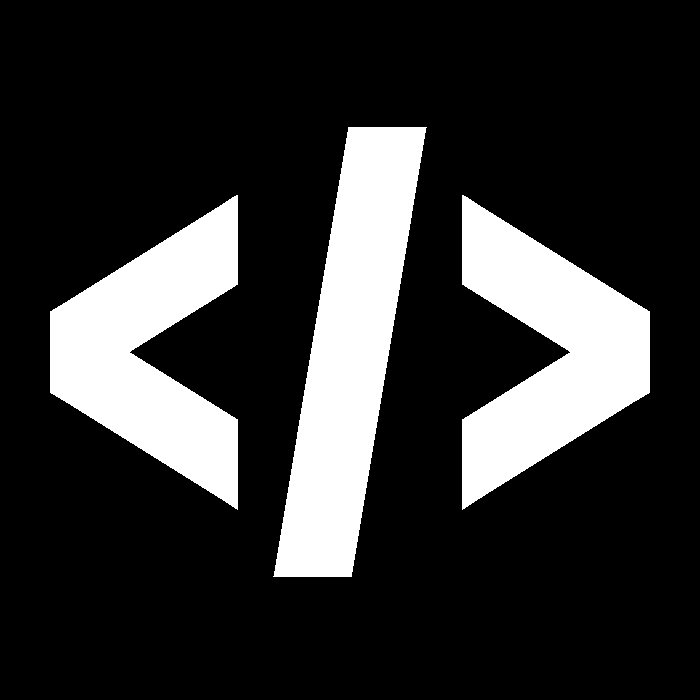I dusted off my RPI4 and started tinkering with self-hosting things and it’s sparked a fire. Suddenly I have 7 docker containers running and I need more RAM, more space and I want something reliable with room to grow. I like small form factors but it doesn’t need to be RPI small. Any recs for your favorite hardware under $500?
Definitely a NUC or similar mini PC from the likes of Geekom, Beelink, or Minisforum. My whole homelab was mini PCs until I consolidated to a NUC 12 Pro as I build up my rack. Slap Proxmox on the machine, build some VMs and LXCs, and have at it.
Intel NUC. Myself I prefer Proxmox as the first layer (so I can do stuff remotelly), and Alpine Linux VM as a second layer.
This been rock stable for me for the past 1 year or so.
I use a Dell Micro with Ubuntu for docker containers mounted to a wall with a Synology NAS 4 bay for storage. I used to have a small form factor with a 12bay SAS array attached but the power consumption was ridiculous.
One of those business Thin Clients for ~150$. They are pretty much a full fledged PC that run everything you throw at it, but tiny. The only problem with mine is that the fan is a bit loud on idle.
This is what I did, though I got hold of a Dell Wyse 5070, which is fanless. Saying that, I’m working on moving to a more powerful NUC (in an Akasa fanless case).
I have a couple of Intel NUCs and they are great, one is the first generation NUC with the Celeron and runs Home Assistant without problems.
At the moment I am eyeing the new N100 CPUs they are pretty powerful compared to the previous generation. Asrock and Asus are bringing out motherboards with the CPU soldered and they are also fanless. The Asrock is nicer because you don’t need a real PSU for it and it has an extra SATA port. They are not yet available.
https://www.asrock.com/mb/Intel/N100DC-ITX/index.asp
https://www.asus.com/motherboards-components/motherboards/prime/prime-n100i-d-d4/
Planning on making an unRaid miniPC
NUCs are great if you can snag them on sale or for a good deal but they’re (somewhat) like Apple nowadays, paying the “NUC tax” imo. You can usually find other SFF with similar or better specs for cheaper on eBay. HP Prodesk (Mini) for example you can grab some extra RAM and a cheap SSD to max it out.
At the moment hardware is just expensive. I ended up with a NUC with 32gb of ram in order to future proof myself while I wait for hardware to become cheaper. Other than another stick of ram I can’t see me needing to update any time soon.
Keeping storage and compute separately is the best practice but if you’re OK with combining both in one device then running docker-compose on a Synology (via SSH, + versions only) works just fine. An alternative that reduces the lock-in at the expense of more tinkering is buying an amd64 QNAP and installing Openmediavault / TrueNAS / plain Debian.
I have some (refurbished) HP mini PCs that are pretty decent, you can probably find similar things well within that range. You could also consider an off-lease/used server in that price range, but will have to do some hunting to find something you like. Also, servers can be a bit loud and power hungry (the efficiency of the compute is lower than e.g. a mini PC or a Pi, but it will have way more compute. Servers with something like dual hex core CPUs and 64+ GB of RAM are not uncommon).
I run both mini PCs and server hardware, using the server hardware mainly for storage or services that need quite high availability (auth, reverse proxy, password vault) and the mini PCs for most everything else (minecraft servers, wiki, jellyfin, etc)
The best resource imo for big home servers if you graduate using old PCs is the Homelab Discord server. They’re also at !homelab@lemmy.ml.
I just built a Server using J5040 board. With 16gb ram (yes it works) a 500gb m.2 as system , 2x4tb ironwolf, all in the node 304 fractal case for 550 euro.
Will run proxmox as first layer.
I’d recommend taking a look at used small form factor PCs on eBay. I’ve been using one for a couple years now that came with an i7-8700 16GB of ram and an nvme SSD for about $300. Running 30+ docker containers without any issues (most are lightweight to be fair)
The only drawback to small form factor is that you have limited expansion opportunity with the unit itself. In my case I use an external NAS for storage of larger files.
ServeTheHome has a bunch of videos on YouTube about these small form factor computers.
In my case I use an external NAS for storage of larger files.
What’s the advantage of using a NAS system?
I’m considering options for adding more storage right now and I’m not sure if I should just chuck some more drives in my linux server, or move up to NAS. The main downside of adding more drives is that I’m spending money without getting any more reliability (it’s just some drives and a SAMBA share, no RAID, and only ‘sometimes I remember to move important files to S3’ for backup. Conversely, with a NAS I’m spending an extra like $500 on hardware before I even add storage.
It would be nice to have some reliability, but I’ve never had NAS before, so it’s kind of an unknown for me, plus it seems like I could invest some time and add similar reliability/backup features to my existing system.
Im using refurbished thinkpads (x220-203) but i’ve seen a lot of homelabs using Nuc pc





